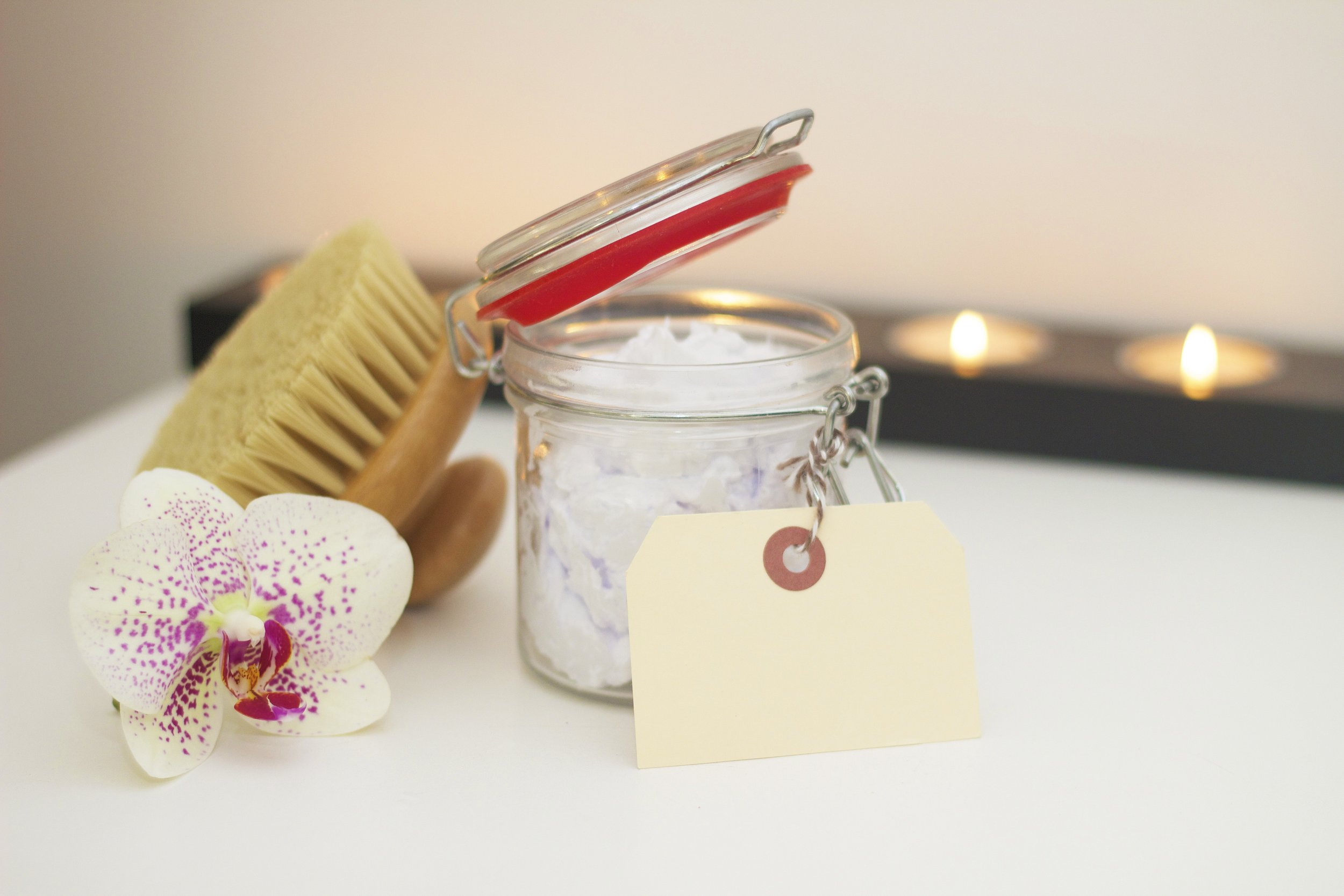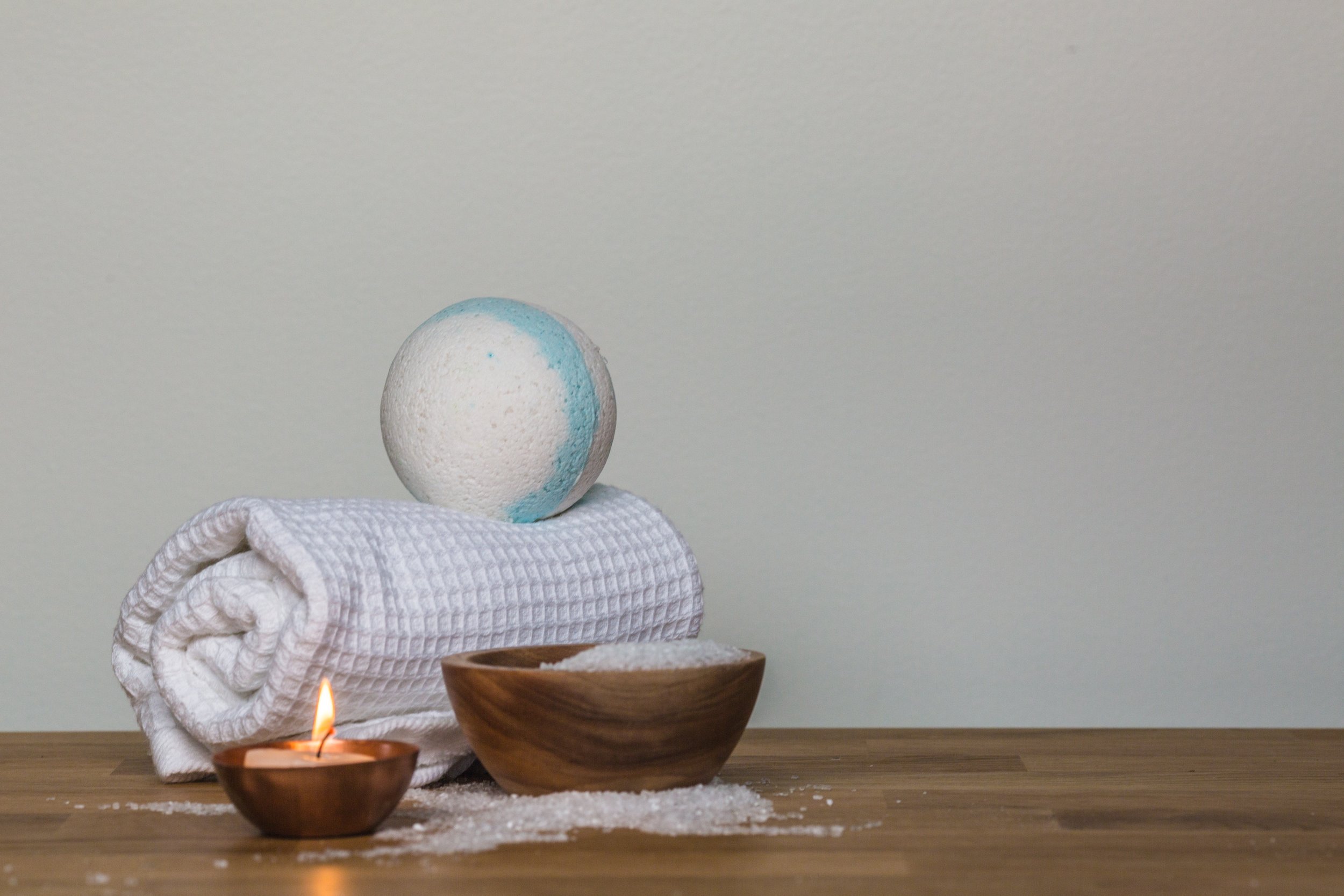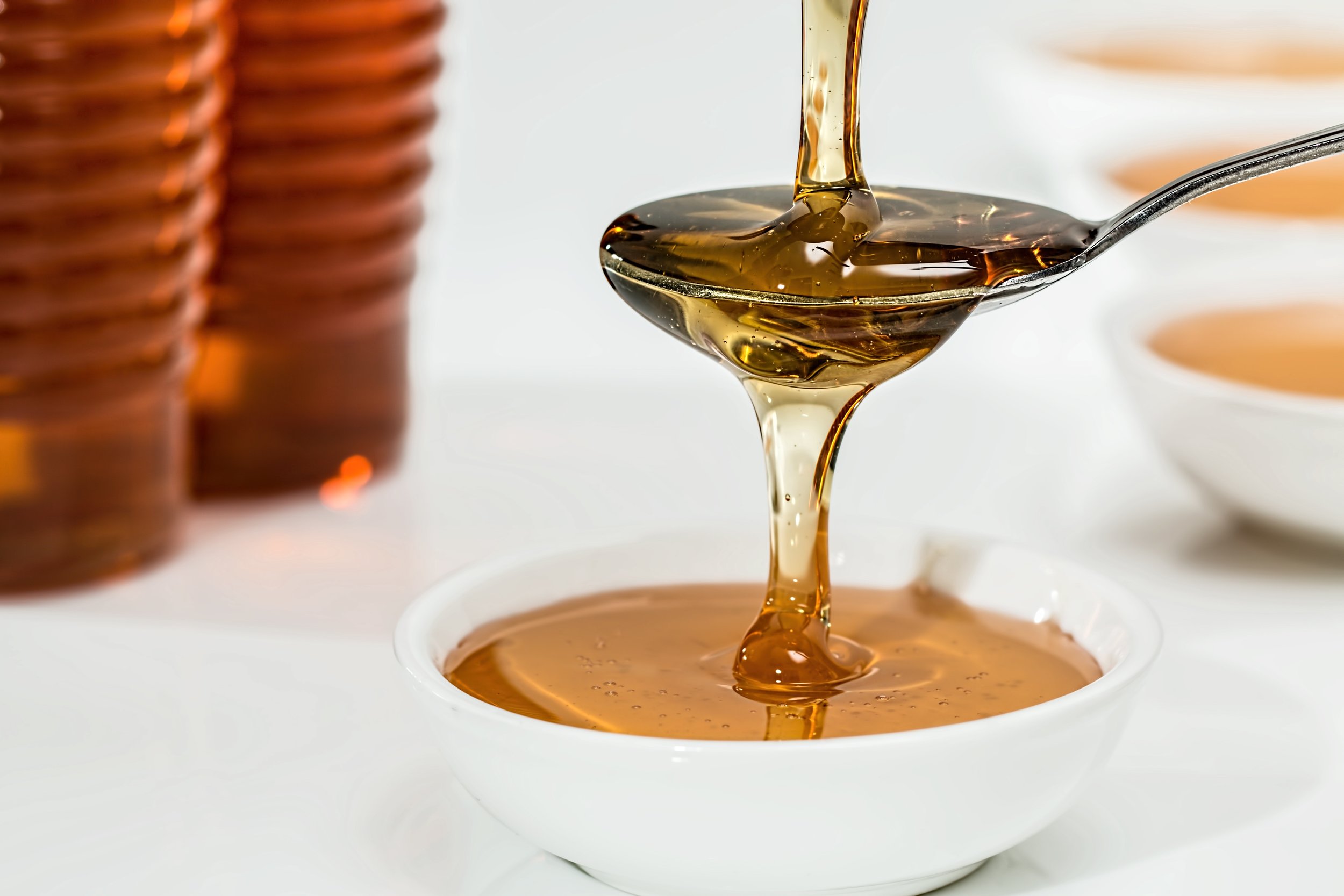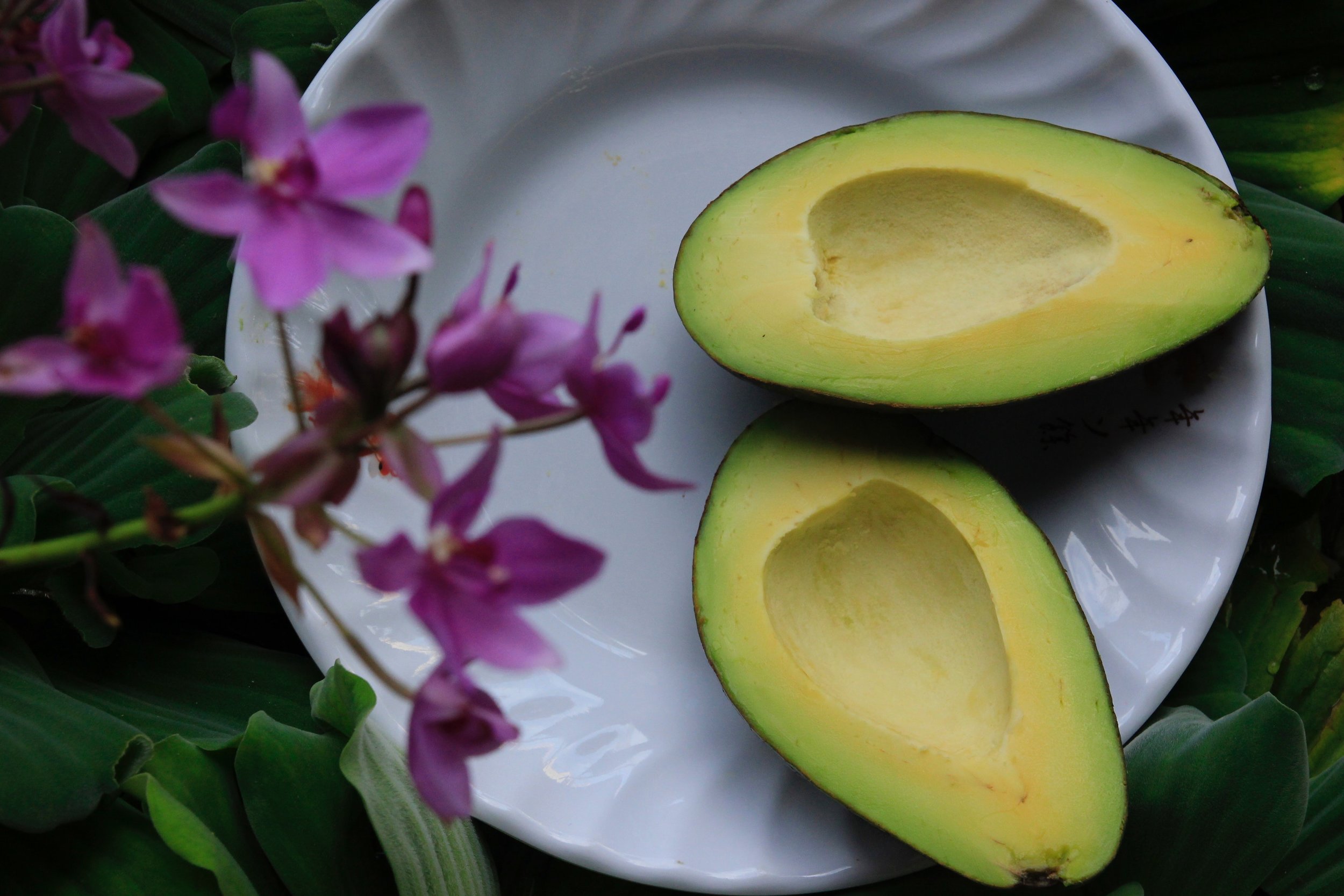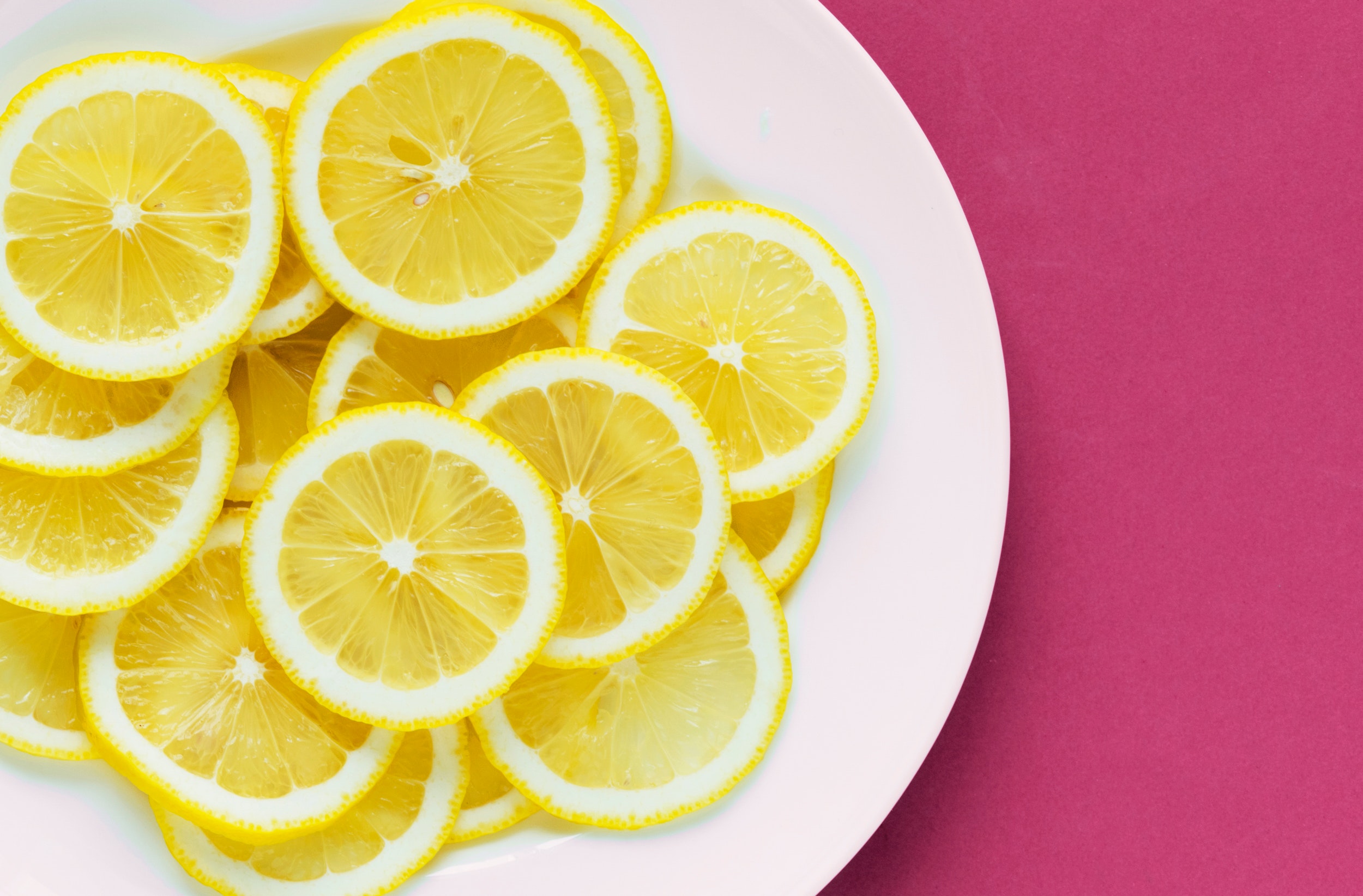Dorm Room DIY: Face Masks
by Jessica Zeng
You’ve finally finished your exams and it’s time to chill! You are probably exhausted from all that studying and lack of sleep, and your body and skin might show signs of stress too. So, why not pamper yourself with a mini spa day in your room? Curl up with your fluffy blankets and invite some friends over! These DIY face masks help to calm, soothe, and moisturize your skin… and best of all, they can be catered to your specific skin type!
Don’t know your skin type? Take a look below and decide which one of the skin types most accurately describes your skin.
Different skin types
normal skin
Not too oily, not too dry
Soft, smooth texture
dry skin
Flakiness and mild scaling
Rough texture
Low skin elasticity, dull appearance
oily skin
Enlarged pores
Glossy shine
combination skin
Oily on the T-zone (forehead, nose, chin)
Normal or dry skin on cheeks
acne-prone/sensitive skin
Redness, irritation
Dry, oily, or combination skin overal
Now that you’ve figured out your skin type, let’s get on with the recipes! Make sure to grab a small bowl to hold the face mask in and something to mix everything with! A small towel is also recommended to wipe away any spills.
Main Ingredients and Their Benefits
honey
Commonly used in baking and cooking, honey also has tons of beneficial effects for the skin. It’s soothing effects will calm down the skin and reduce inflammation. Honey will also soften the skin and has some great moisturizing properties, especially perfect for dry skin. [1] In a face mask, it will really help pull together all the ingredients and create a great mask base.
yogurt
Yogurt is a great probiotic that will help protect the skin from outside environmental bacteria and other aggressors. It also provides a great cooling and calming effect, reducing redness and stabilizing the skin! Yogurt is an ideal face mask base for sensitive skin. [2]
avocado
This fruit is full of creamy, moisturizing goodness! It helps smooth skin cells, especially with its high content of omega-9 fatty acids. [3]
oatmeal
Normally prevalent in hearty breakfasts, this food also has countless benefits for the skin! It is known to relieve redness and skin irritation, making it ideal for sensitive skin. Oatmeal contains a large amount of saponin, which is a great natural cleansing agent. Therefore, it is great to cleanse and remove dirt and oils from the skin. [4]
lemon
This lip-puckering citrus is extremely advantageous with minimizing pore sizes. Since it’s filled with antioxidants, lemons will protect the skin and prevents tissue damage. By removing dead skin cells, it will leave the face fresh and protected. [5]
Recipes
combination/normal skin
Oatmeal Lemon mask
½ cup cooked oatmeal
1 egg
1 tablespoon lemon juice
Add all ingredients together and mix well
Apply on face
Wash off with cool water after 15-20 min
dry skin
Avocado mask
1 avocado
2 tablespoons yogurt
1 tablespoon olive oil
1 tablespoon honey
Combine and mash all together
Apply on face
Wash off with cool water after 15-20 min
oily skin
Honey Banana Lemon mask
3 tablespoons banana
1 tablespoon of honey
Several drops of lemon juice
Mix together all ingredients
Apply on face and leave on for 15-20 min
Rinse off with cool water
sensitive skin
Yogurt honey mask
1 tablespoon yogurt
1 teaspoon honey
1 teaspoon cocoa powder
Mix together ingredients
Apply on face and leave on for 15-20 min
Rinse off with cool water
suitable for all skin types
Oatmeal yogurt mask
1 tbsp yogurt
½ cup oatmeal
Few drops of honey
Mix all ingredients well together
Apply on face and leave on for 10-15 min
Wash off with warm water
These masks will leave your skin glowing and feeling fresh. Feel free to try some new recipes as well and see what works best for your needs. After washing the masks off, be sure to moisturize with a cream or gel! It is important to lock in all the nutrients that you received from the face masks.
Some quick moisturizer tips:
For Normal/Combination Skin: Lightweight oil-free gels or moisturizers
For Dry Skin: Heavier, oil-based creams
For Oily Skin: Gel-based or water-like textured moisturizers
References
“Honey in dermatology and skin care: a review.” J Cosmet Dermatol. (2013).
“THE SKIN MICROBIOME.” Altern Med. (2017).
“The Top 4 Benefits of Avocado for Your Skin.” Foods.co.uk. (2015).
“Innovations in natural ingredients and their use in skin care. “ J Drugs Dermatol. (2010).
“Biochemical studies on a novel antioxidant from lemon oil and its biotechnological application in cosmetic dermatology.” Drugs Exp Clin Res. (1999).

